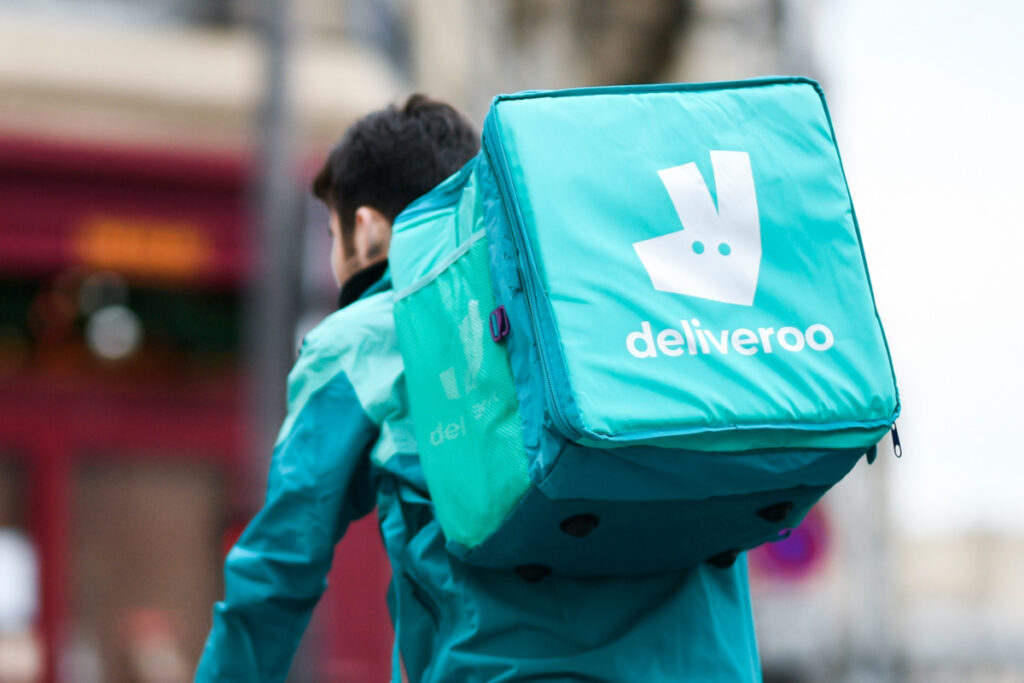While big brands have traditionally dominated the e-commerce market, small businesses are slowly beginning to tap into online sales as a way to reach new customers and boost revenues. While 82 per cent of small businesses have a traditional website and 49 per cent are using social media to promote their business online, only 21 per cent have a mobile website. It‘s clear that small businesses recognise that the web offers many opportunities but opening an online store is not without its challenges. As a result, many independent retailers are nervous of branching out online or growing their presence across new channels like mobile.
However small businesses don‘t need to go it alone; marketplaces can support retailers looking to sell online without incurring the maintenance and marketing costs of running websites on their own. However, just like a physical store getting the online shopping experience right is crucial to build loyal customer relationships – here‘s how to make the most of selling online through a marketplace:
Don‘t be afraid to widen your horizons
While retailers on the high street benefit from a steady flow of shoppers walking by, online retailers are faced with the challenge of driving shoppers to their website in order to sell to them. Advertising through search engines and promotion on social media can help small businesses to increase the volume of visitors, however this can be time intensive and requires considerable investment to generate strong results, hitting retailers‘ margins. Just like real world markets, with a marketplace retailers have the chance to reach a large numbers of shoppers so that they can focus on selling product and delivering a great experience, rather than driving traffic to a website.
Build consumer trust
Some shoppers still remain hesitant about buying items without being able to see and touch them, particularly if they are buying from an unfamiliar brand. While big brand retailers benefit from being well known, consumer trust online is limited for small businesses selling through their own website. Joining a trusted marketplace gives small businesses the ability to overcome this obstacle by reassuring shoppers that they will receive the product that they are paying for and won‘t lose their money. The tangible experience continues to make your store on the high street unique and you can bring this local trust online with the support of a well known name.
A solid system is essential
Creating and maintaining an online store can be incredibly challenging for small businesses. From setting up a system for payments to updating the product inventory, a range of challenges must be overcome before retailers can even open the doors to customers. Conversely, with a marketplace the necessary systems are already in place and are even optimised for mobile shoppers, enabling retailers to start shifting stock straightaway and focus on delivering a great experience across numerous channels.
Foster customer loyalty
A loyal group of regular shoppers can be the lifeblood of a small business, but on the web it can be hard to encourage repeat purchases when the next retailer is just a click away, especially during a sale when shoppers are often scouring the web for bargains.
Introducing a loyalty programme is an effective way to incentivise shoppers to return. Tapping into an existing loyalty programme to reward customers for shopping means that small businesses can focus on building a loyal base of customers through delivering a high quality experience.
Ultimately, although many small retailers realise that online presents opportunities for them, many are frightened of losing their personality online. How do they ensure that the personalised customer service and unique approach they adopt instore isn‘t lost online? How do t



























